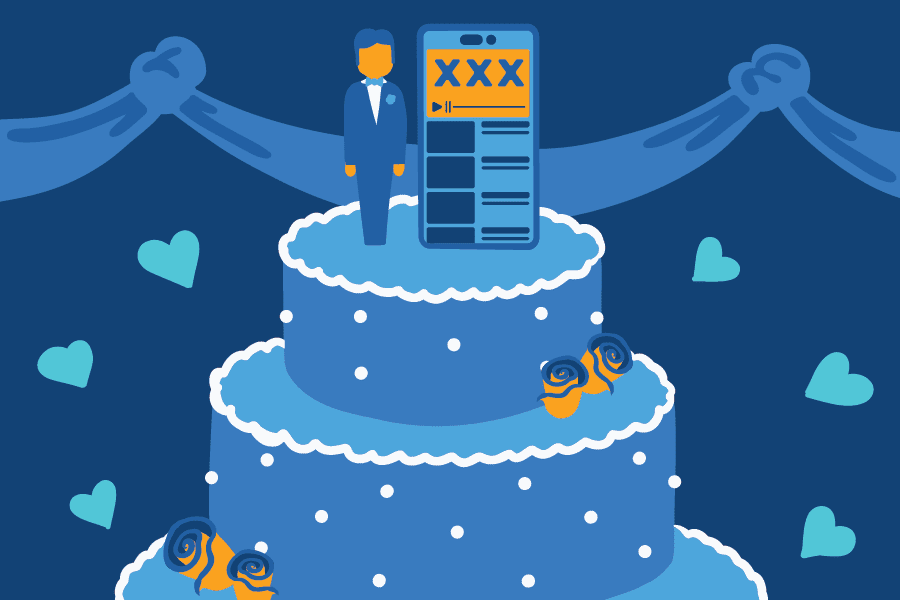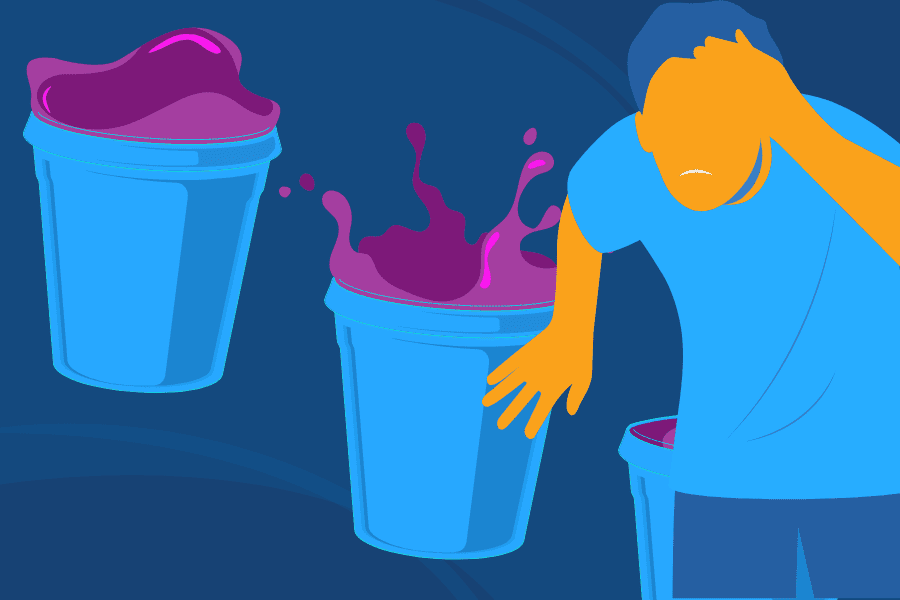Young People and Signs of Opioid Abuse
Comprehensive Levels of Care
No matter where you are in your recovery journey, our levels of care are personalized to your unique needs.
Effects and Risks of Prescription Drugs
Opioid medications work by causing the brain to release large amounts of its feel-good chemicals: serotonin, dopamine, and norepinephrine. These chemicals make users feel euphoric and relieve pain temporarily, but once the medication wears off, they are depleted, and the user may feel worse than they did before.
It’s easy to build a tolerance to opioids. Young adults who use pain pills recreationally often find that they need higher doses over time to feel the same effects. It’s critical to use opioids only as prescribed. If you’re taking an opioid medication, talk to your doctor about the risks of dependence before deciding if it’s right for you.
Opioid use can lead to mental health problems like depression, insomnia, panic attacks, anxiety, and fatigue. They can also cause brain damage, digestive issues, and breathing problems. Long-term use may weaken the immune system, increase the risk of heart problems, and lead to liver or kidney damage.
Opioid Addiction and Dependence Among Young Adults
Young adults may start taking opioids to self-medicate for conditions like anxiety or enhance the effects of other drugs. Often, opioid addiction begins with taking prescription pain medications. Users can easily build up a tolerance to opioids—this effect is multiplied when they take more than what was prescribed.
As addiction grows, someone dependent on opioids might “doctor shop” or visit different doctors to obtain more prescriptions. They may also buy others’ prescriptions or turn to street drugs, such as heroin, blues drugs, fentanyl, and counterfeit opioids, once their prescription runs out. Even short-term opioid use can lead to addiction
Find the Right Facility for Your Needs
Explore our treatment center locations and find an option that works for you.
Signs of Pain Medication Abuse
Young people who are misusing opioids may show several symptoms. Some of these signs may be subtle at first, while others become more obvious as their dependence grows. Changes in mood, energy levels, and social behavior can all indicate a problem. Immediate effects of opioids include:
- Constricted pupils (‘opioid eyes’)
- Cognitive impairment and memory loss
- Impulsive or reckless behavior
- Sleepiness or lethargy
- Slurred speech
- Trouble concentrating
- Unexplained mood swings
- Disproportionate irritability
You might also notice a difference in their behavioral patterns, like isolating themselves from friends and loved ones, losing interest in hobbies, or frequent visits to the doctor for prescriptions.
Finding the Right Opioid Use Treatment
The experts at Sandstone Care can offer compassionate advice, point you toward helpful resources, and help you find the detox and addiction treatment options that work best for you. Call us today to learn more.






